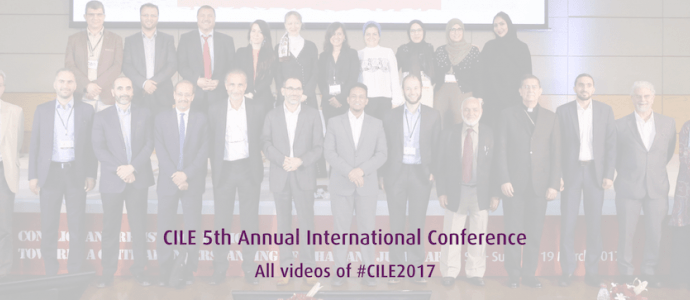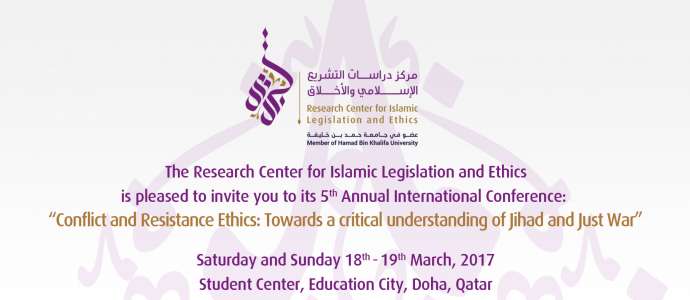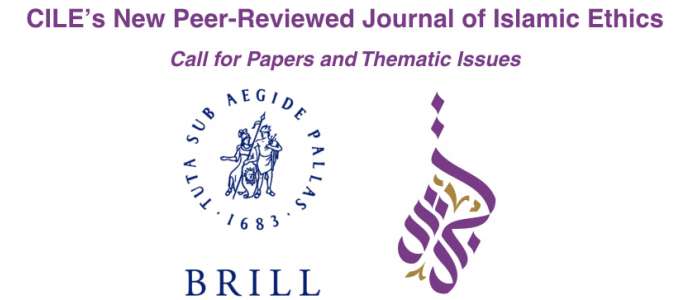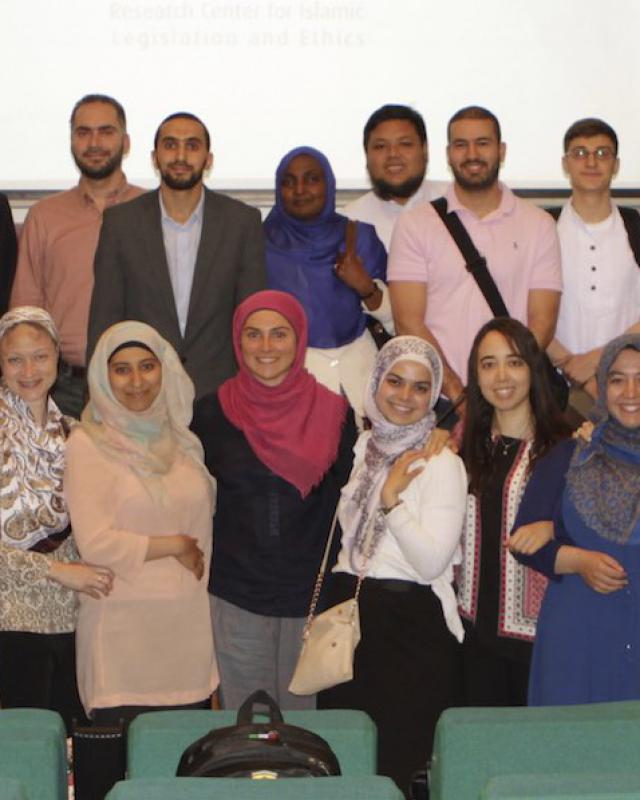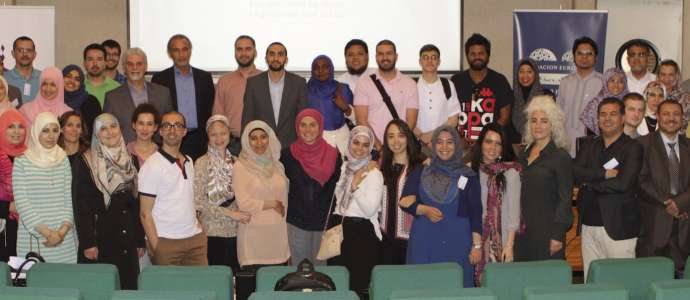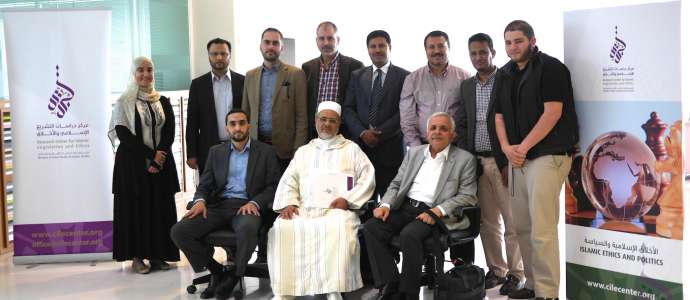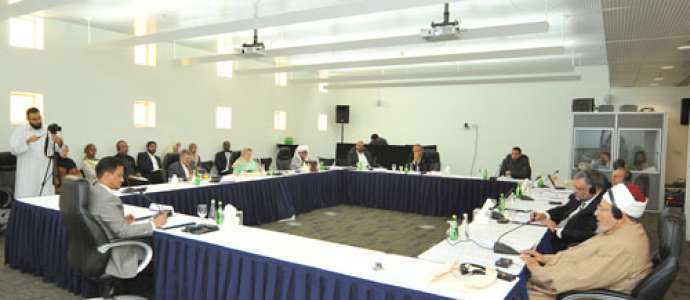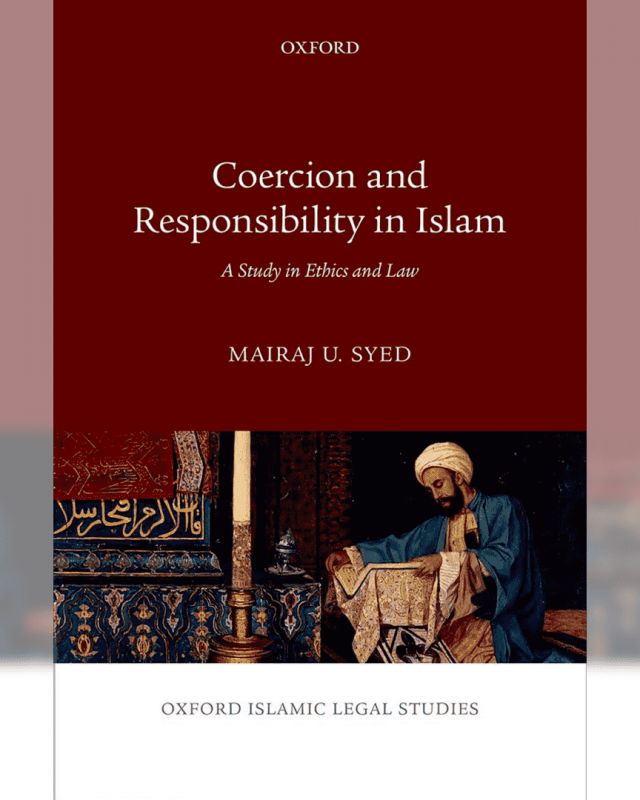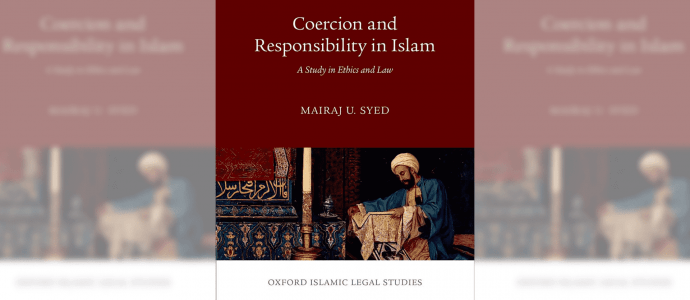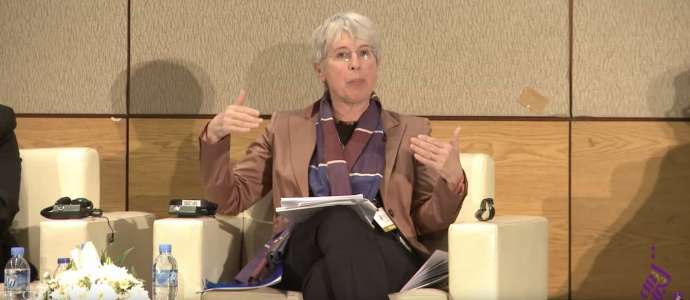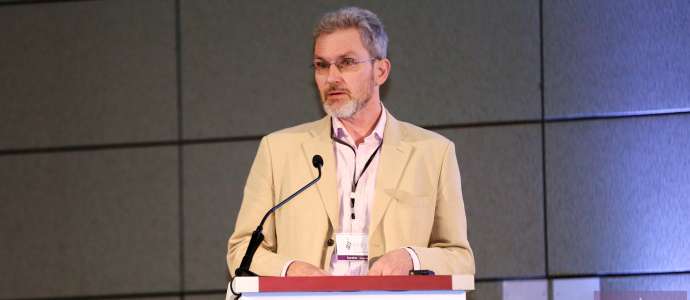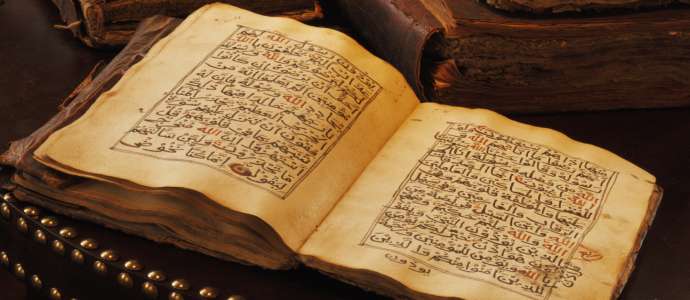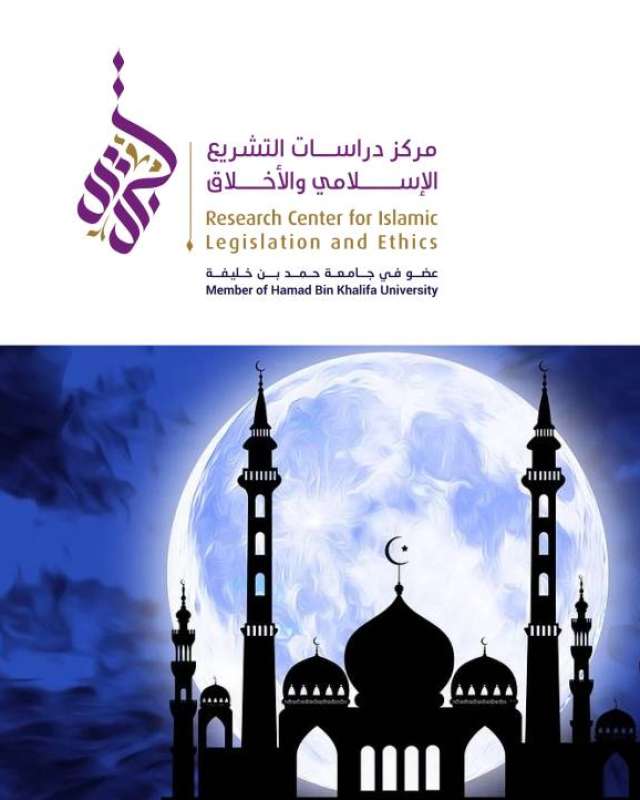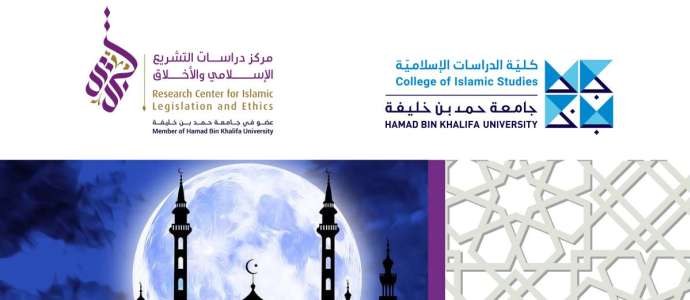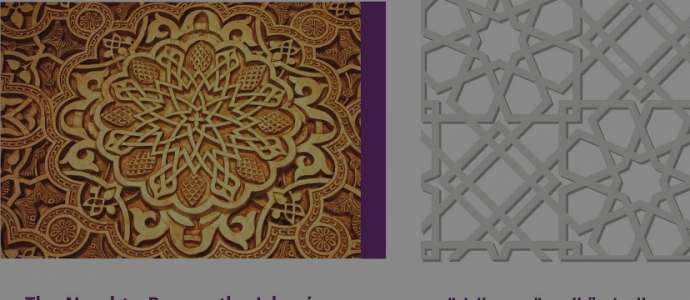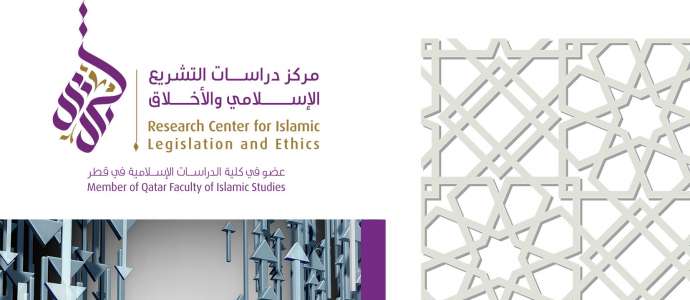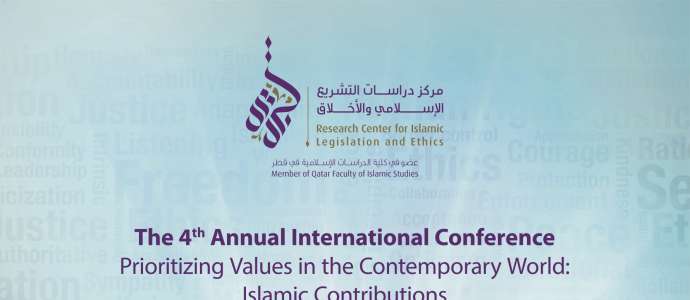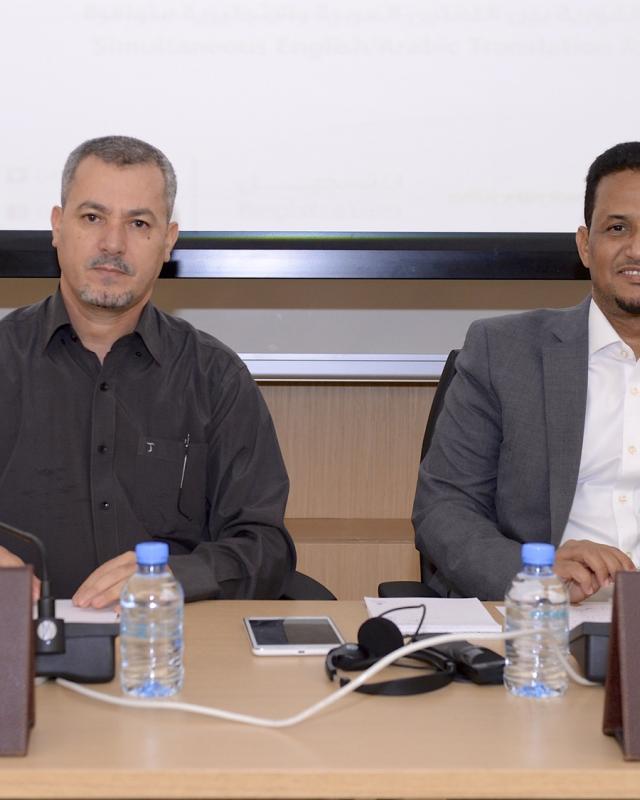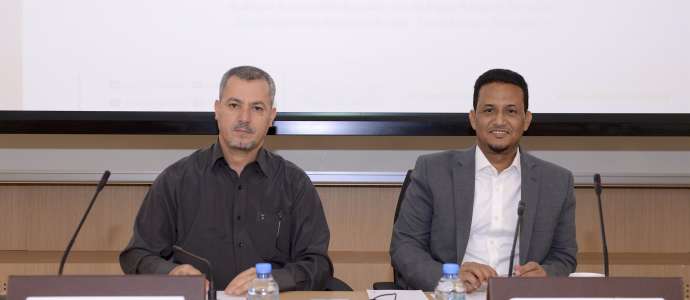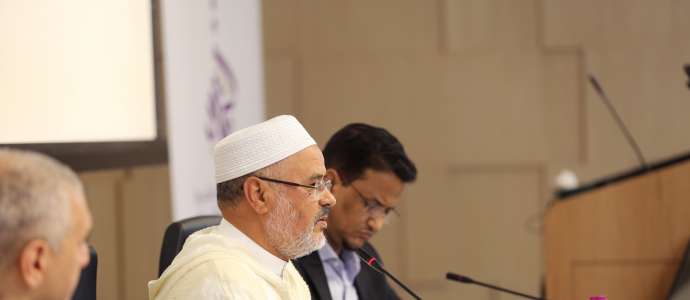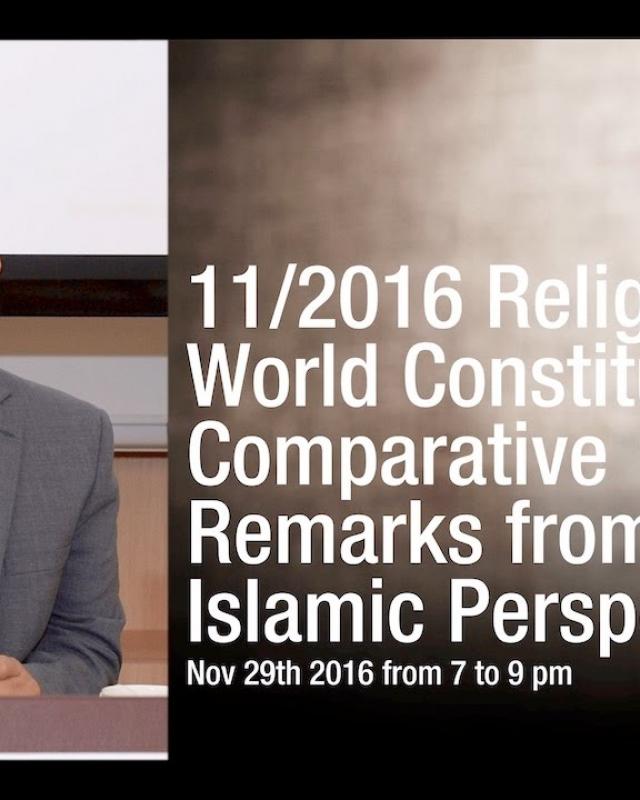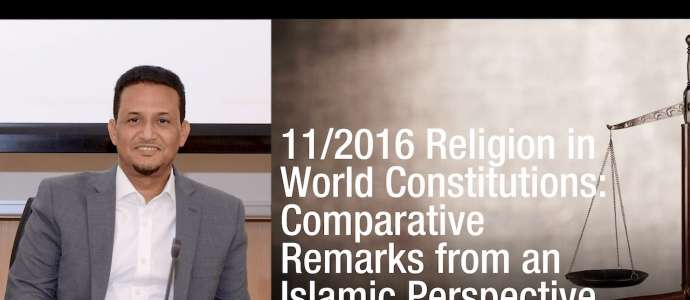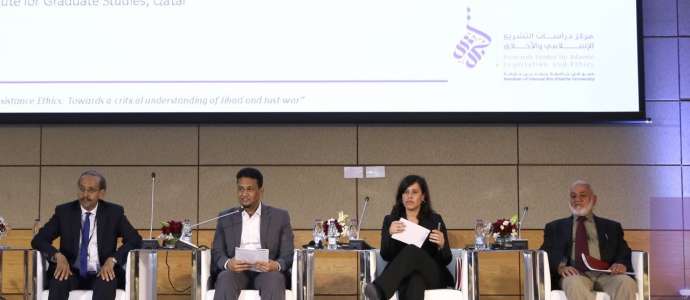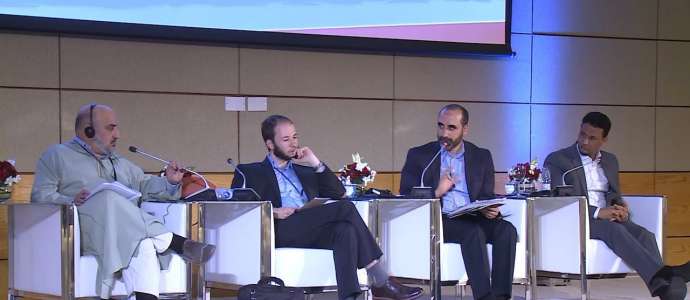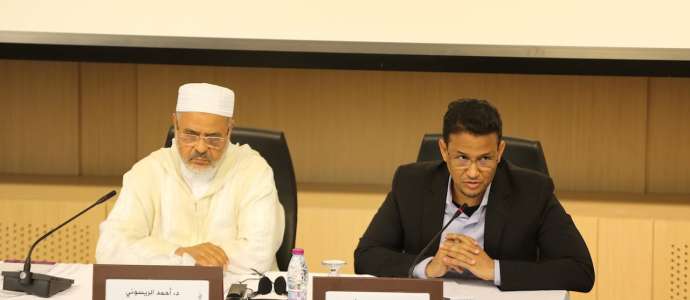
Although early Muslim scholars produced extensive texts in political thought and ethics, their intellectual legacy suffered a number of shortcomings that became chronic over time. These shortcomings are related to the sources, the historical context and the methodology.
- In term of sources, classical Islamic thought was deeply influenced by the Sassanid and Greek literature at the expense of its own sources of inspiration, i.e. the Holy Qur’an and the prophetic Sunnah.
- As for the historical context of Islamic political thought, the spirit of the empire had a deep impact on the intellectual efforts of Muslim scholars. As a result, they adapted their theoretical works to align with the illegitimate power of empire, rather than challenge it.
- On the methodological front, our classical scholars tended to atomize the political phenomenon, overlooking the core values of political ethics in Islam, such as freedom, justice, and equality and the rule of law.
Moreover, classical Islamic political thought did not make any significant contribution in the elaboration of core issues such as the social contract, political legitimacy and the public office as a trust, personal or family property. More than ever, a radical reform of Islamic political thought and ethics is necessary today in order to save Muslim-majority societies from their political chaos and instability – to make them more humane and just societies. This reform requires a rehabilitation of the betrayed Islamic values by building a deeper awareness and understanding of the relevance of these values to the modern world. The unit of political ethics at CILE aspires to contribute to this reform through formulating and managing research projects and practical programs to further CILE’s mission in this field.





